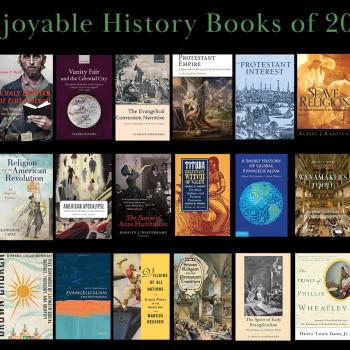The latest issue of The Weekly Standard includes a rant against Twitter by Matt Labash, who does not have a Twitter account. I am on Twitter, and I like it a lot. Of course, it has its vapid and vicious aspects, but all in all, I find that Twitter is the most useful means of staying apprised of a ideologically and geographically wide range of opinion and news, and simultaneously the easiest means of connecting with like-minded folks. It is also striking another damaging blow against the tunnel vision of the mainstream media.
I sympathize with Labash to a certain extent – anything truly novel is likely to be bad, and a reflexive opposition to newfangled ideas is probably going to be vindicated much of the time. Newfangled technology, however, may just improve upon older, useful products, and the best of today’s information technology often represents methods of communicating that are very similar to what scrolls, books, newspapers and magazines have been doing for a long time. Twitter’s limit of 140 characters is not nearly as significant as people like Labash suggest – 95% of what I share on Twitter includes links to longer-form material, such as articles in The Weekly Standard.
Here are my three cheers for Twitter (or what Labash calls the Twidiocracy):
- People can use Twitter for noble purposes. Labash may not realize the irony that, as he was presumably drafting his article against Twidiotic navel-gazing, social conservatives engaged in a remarkable campaign to bring attention to the abortionist Kermit Gosnell’s murder trial in Philadelphia. Spearheaded by Mollie Hemingway, the #Gosnell push succeeded in keeping the horrific trial as the top-trending topic on Twitter for a sufficiently long time to draw in many reluctant media outlets who, for whatever reason, had said little about the trial.
- Twitter makes it simple to connect with people of common interests. I could give many examples of pastors, missionaries, writers, professors, and others whom I now “know” because of Twitter, including people on several continents. It was fascinating to connect with the legions of people who organically took up the #Gosnell campaign, and I had a similar experience with the #TweetforYoucef campaign, which brought attention to the plight of imprisoned Iranian pastor Youcef Nadarkhani (I also wrote about “Tweet for Youcef” at Patheos).
- Twitter is superior to Facebook, which only emphasizes staying connected with people you already know. Facebook, as all users realize, has become increasingly convoluted, with constant new efforts to get you to “promote posts” and the like. It is also very difficult to search on Facebook for, say, people sharing about the Gosnell case. You can stay connected with far-flung relatives and college buddies there, but Facebook frowns on connecting with people you don’t know. Twitter is a relatively simple, open platform. In the world of social media, Twitter is a Mac, and Facebook is more and more a PC.
Of course, you see a lot of garbage on Twitter, too, and it can easily distract you from more important tasks. That’s the internet. But used the right way, Twitter will not lead to the “decline of western civilization, 140 characters at a time.” Heck, maybe Twitter could even help preserve it.











